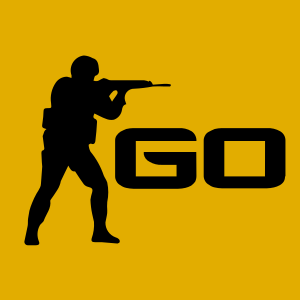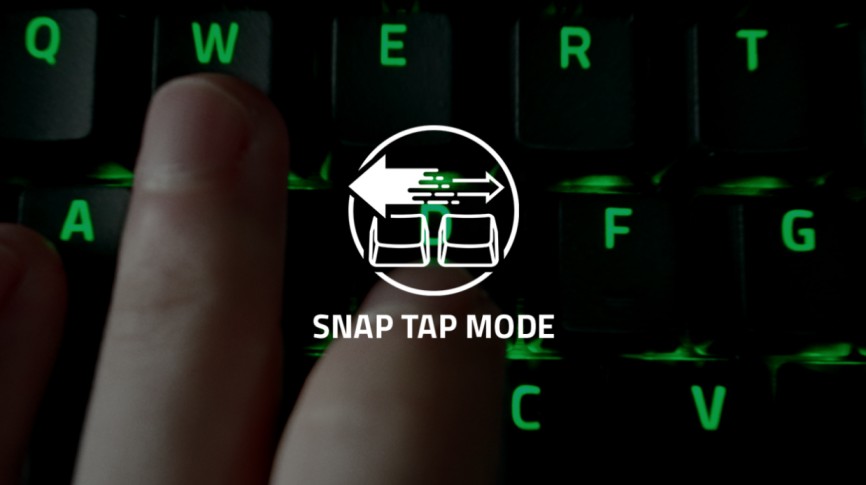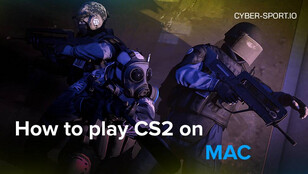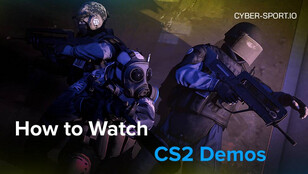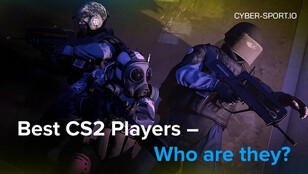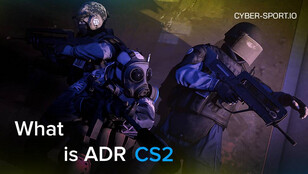Razer’s Snap Tap and Wooting’s SOCD are keyboard automation features that enable easy, yet instant directional changes, eliminating the need to master counter strafing, an integral skill that even some pros struggle to stay 100% consistent with. These keyboards achieve such feats by eliminating delays by registering only the last key pressed, enabling instant movements for faster reactions.
What has Valve’s stance been?
Valve has viewed keyboard automation tools like Snap Tap to be just as controversial as many tournament organizers. Tournament organizers have banned such technology in LAN tournaments - let’s not forget Team HEROIC’s violation on day one of ESL Pro League Season 20, which forced them to concede the first map.
Valve issued a statement two weeks ago before the commencement of ESL Pro League Season 20, truthfully calling out the practice to be the equivalent of “side-stepping skill.” They opened by talking about how “some forms of scripting (e.g., jump-throws) have gained acceptance, as they enable plays that wouldn't otherwise be possible. In fact, jump-throws became such an important part of the game that we've done the work to make them reliable without any special scripting or binds (i.e., by jumping and quickly throwing a grenade).”
Furthermore, what prompted them to make the statement was that “some hardware features have blurred the line between manual input and automation.” Hence, their initial restriction on the use of such technology (before introducing an in-game detection system) came in the following form:
“We are no longer going to allow automation (via scripting or hardware) that circumvent these core skills and, moving forward, (and initially--exclusively on Valve Official Servers) players suspected of automating multiple player actions from a single game input may be kicked from their match. To prevent accidental infractions, in-game binds that include more than one movement and/or attack actions will no longer work (e.g., null-binds and jump-throw bind).”
CS2 Gambling
CS2 Skin Trading
Rust Gambling
Promo Codes
Online Casinos
Crypto Casinos
CyberSport Feed



